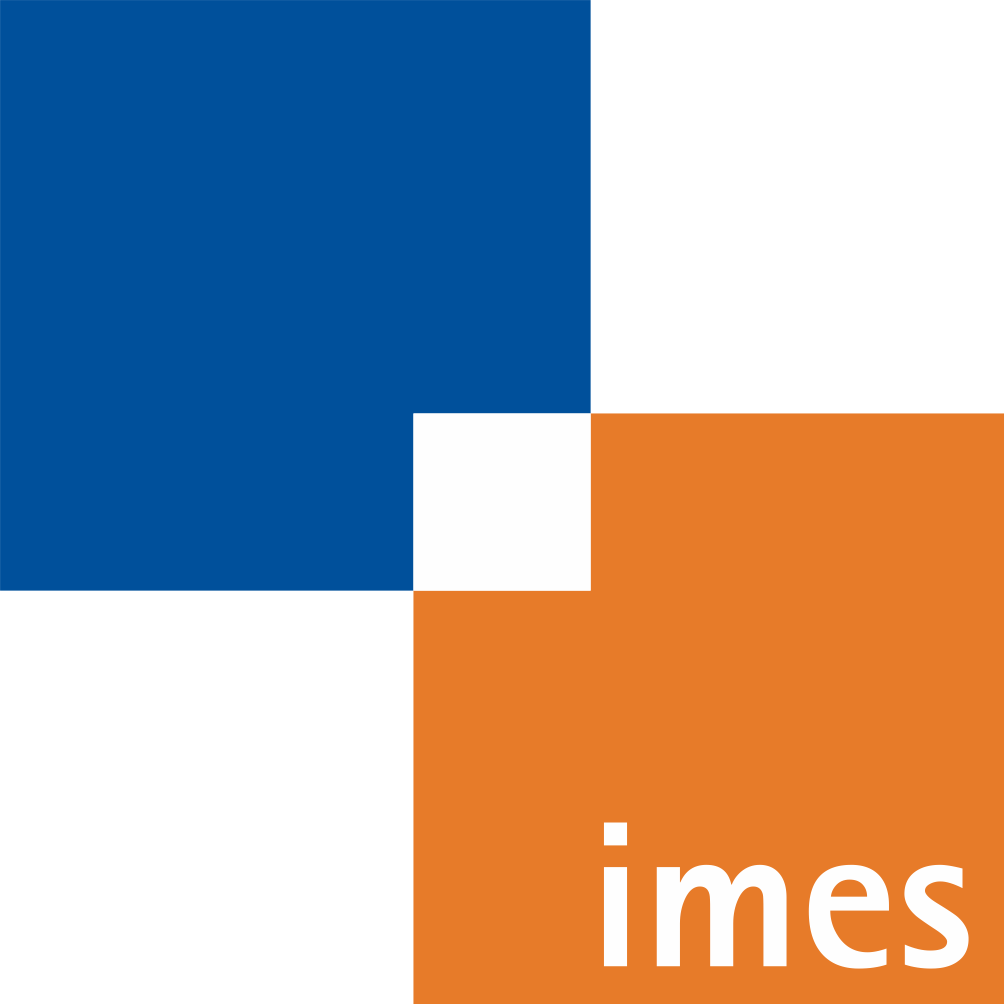Autonomous Cycle Time Reduction of Robotic Tasks Using Iterative Learning Control
- verfasst von
- Lorenz Halt, Michael Meindl, Victor Bayer, Werner Kraus, Thomas Seel
- Abstract
When robots are used to automate repetitive production tasks, the productivity of the manufacturing system crucially depends on the robot's task execution speed. An out-of-the-box solution is typically slow, whereas achieving shorter cycle times typically requires large efforts with respect to controller design and tuning. This dilemma can be resolved by learning control algorithms that autonomously improve performance without requiring any system-specific tuning. In the present work, we propose a novel learning control scheme that autonomously reduces the execution times of robotic systems that perform repetitive manufacturing tasks. To this end, we combine an Iterative Learning Control (ILC) approach with a trial-varying reference adaptation. The reference trajectory is slowly adapted to ensure that the given task is performed successfully on every single iteration without constraint violations. Therefore, the learning process can be carried out during operation. We validate the practical applicability of the method by real-world experiments on a 6-axis robot that performs a linear motion and a contact-force task. Despite the fundamentally different characteristics of these two tasks, the proposed algorithm achieves a remarkable reduction of cycle times, namely, by a factor of 4 in the linear motion task and a factor of 10 in the contact-force task. These results provide an important step toward robotic manufacturing systems that autonomously optimize their own performance during operation.
- Externe Organisation(en)
-
Fraunhofer-Institut für Produktionstechnik und Automatisierung (IPA)
Hochschule Karlsruhe (HKA)
Friedrich-Alexander-Universität Erlangen-Nürnberg (FAU Erlangen-Nürnberg)
- Typ
- Aufsatz in Konferenzband
- Seiten
- 12405-12411
- Anzahl der Seiten
- 7
- Publikationsdatum
- 2022
- Publikationsstatus
- Veröffentlicht
- Peer-reviewed
- Ja
- Elektronische Version(en)
-
https://doi.org/10.1109/IROS47612.2022.9981042 (Zugang:
Geschlossen)
